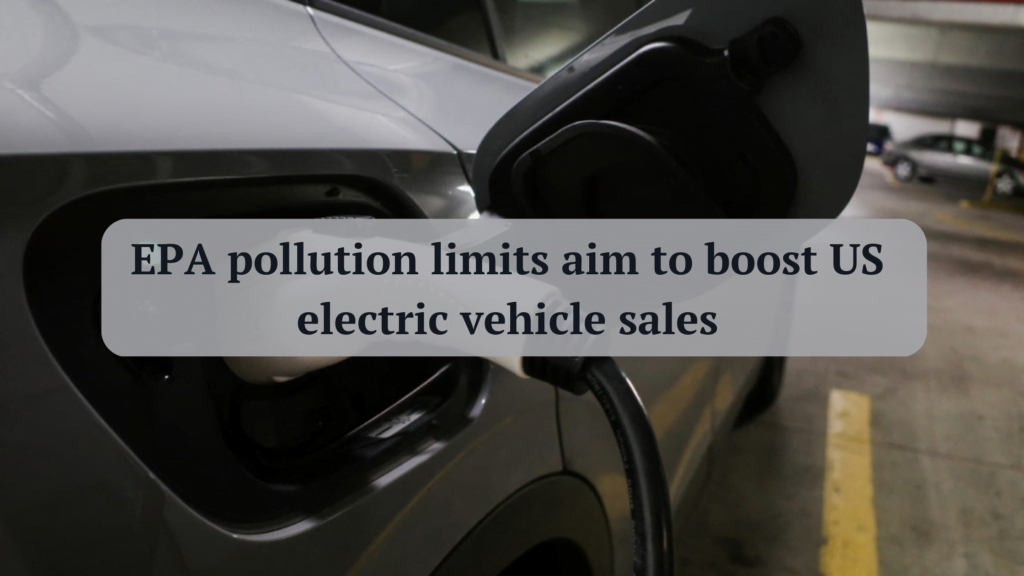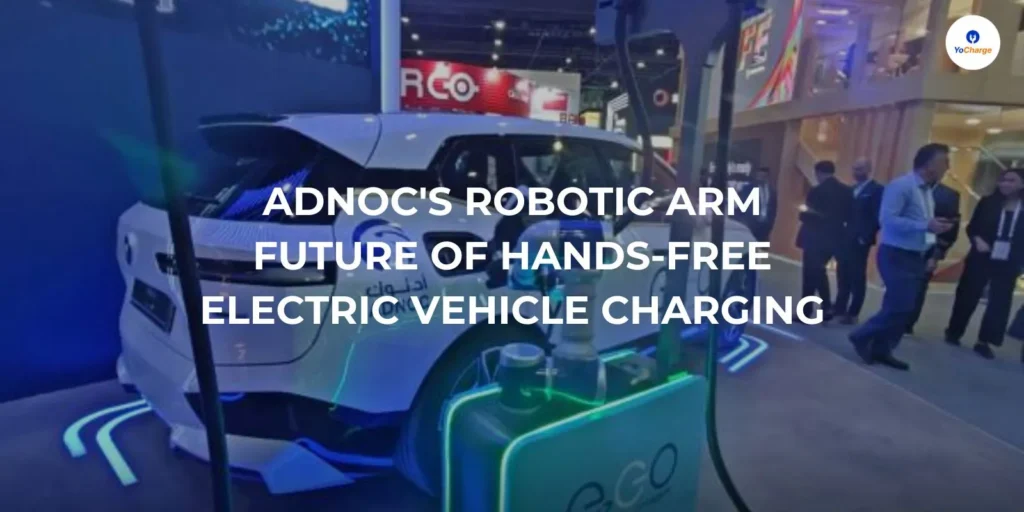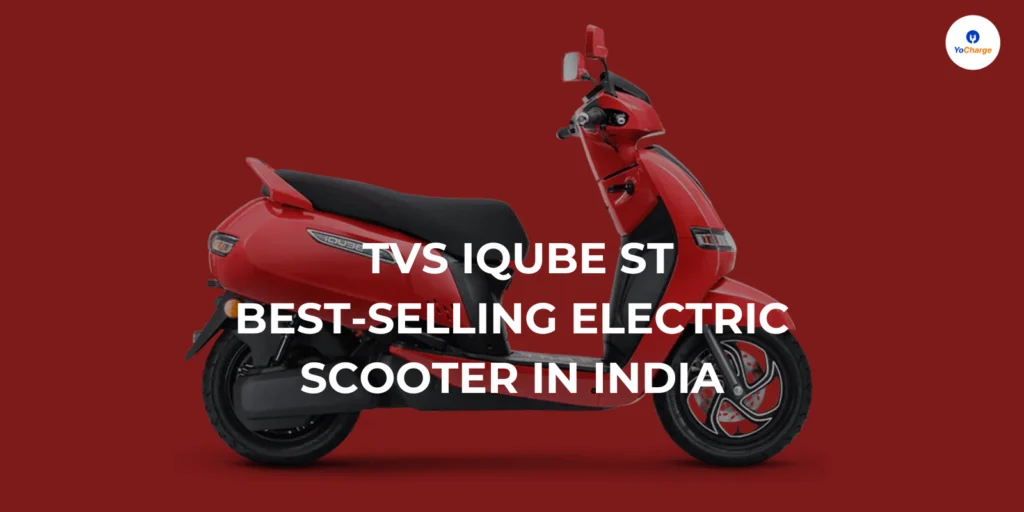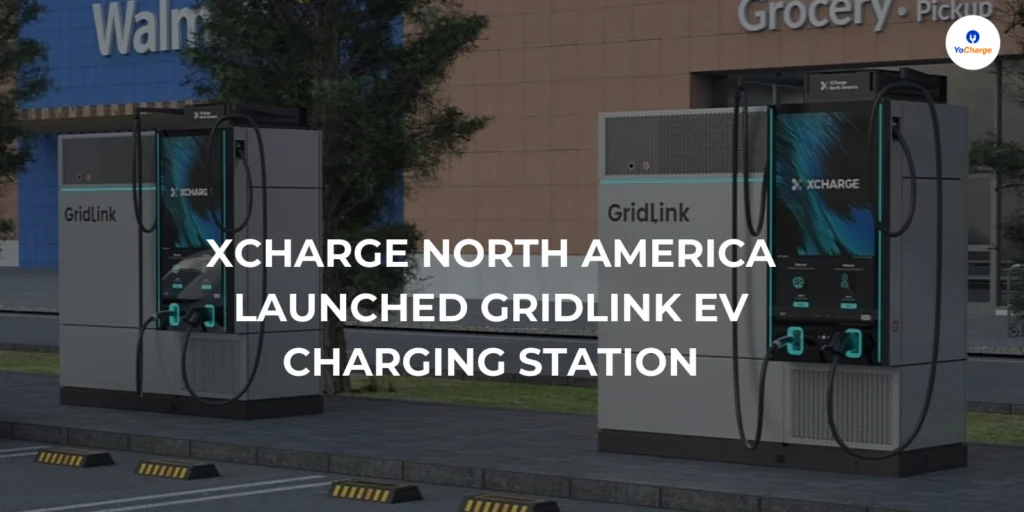
The U.S. Environmental Protection Agency (EPA) has proposed new tailpipe emissions limits that could require up to 67% of all new vehicles sold in the U.S. by 2032 to be all-electric. This target is more ambitious than President Joe Biden’s previous commitment to have EVs make up around 50% of cars sold by 2030. Despite the rise in EV sales in the U.S. in recent years, electric cars only accounted for 5.8% of all the 13.8 million new vehicles sold in the country last year, an increase from 3.1% the year before. The U.S. is the world’s third-largest market for EVs, behind China and Europe.

EPA pollution limits aim to boost US electric vehicle sales.
The proposed limits would set pollution standards for cars and trucks, and the auto industry would need to sell a lot more EVs to meet the requirements. The agency projects the standards would avoid nearly 10 billion tons of carbon emissions through 2055, equivalent to more than twice the total U.S. carbon emissions in 2022. EPA Administrator Michael Regan said the proposal is “very ambitious” and “solicits a number of ways to achieve these goals and we plan to strategically engage all our stakeholders.”
However, the proposed limits would present a number of challenges for automakers, as a rapid adoption of EV technology would require more widespread and reliable charging infrastructure and more materials necessary for EV batteries, among other things. The Alliance for Automotive Innovation, a trade association that represents major automakers, said in a statement that the EPA’s proposed regulation “is aggressive by any measure” and sets “very high” automotive electrification goals over the next few years.
The Biden administration’s efforts to raise EV sales could also face opposition from consumers, who will ultimately need to be willing and able to buy EVs. New electric vehicles currently cost an average of over $58,000, according to Kelley Blue Book estimates, a price that’s well above the industry average of just under $46,000. A poll this week found that nearly half of Americans say it’s unlikely they would purchase an EV as their next car, citing the lack of charging options and the high costs as primary barriers to going electric.
Environmental groups praised the EPA’s limits as necessary to addressing climate change and mitigating air pollution, especially for marginalized communities that live near major highways. The Biden administration earlier this year set a goal to put at least 500,000 EV charging stations on U.S. roads by 2030 and announced a slate of initiatives to help make that a reality, including commitments from companies that build and operate charging networks, such as Tesla, General Motors, Ford, and ChargePoint.



